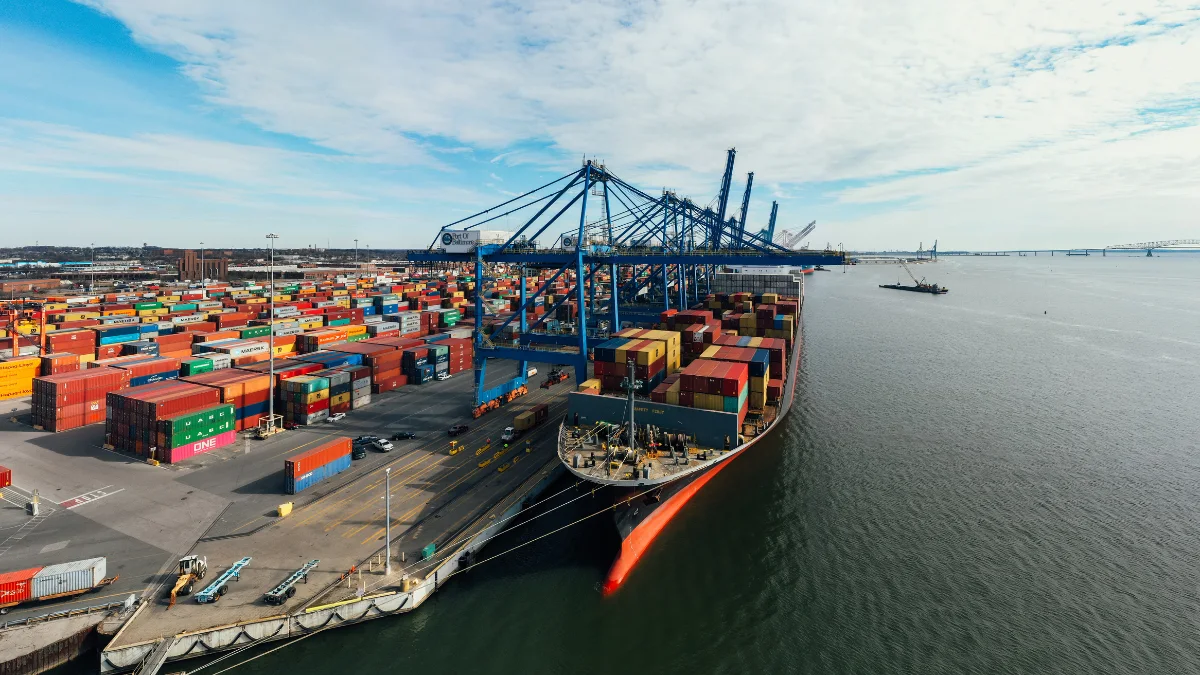Everything You Need to Know About Import and Export in the Food Industry (2025 Guide)
In JK International, we are experts on food and fruit import export services with appropriate certificates and compliance. If you are planning to enter global food trading or expand your existing business, staying updated with rules, state aid schemes, supply chain practices, market trends and certificates are important. There is a detailed guide here based on what people are looking for in the food import export industry in India.
Import-Export Regulatory Requirements
One of the first stages of starting food imports or export operations is to understand the regulator landscape.
- IEC application process: An import export code (IEC) from DGFT is compulsory for anyone who wants to start international trade. Without this 10-digit code, you cannot clean the shipment or not send goods abroad.
- FSSAI Import check: All imported food products must follow the FSSAI rules for food security and Standard’s Authority of India (FSSAI). This includes product testing, labeling and food imports approvals through Food Import Clearance System (FICS).
- HS code update: The Hermonized System (HS) code classifies trade products. Staying updated on HS code for fruit, dehydration products and processed food ensures smooth custom clearance.
Export Promotion Schemes & Government Support
The government of India provides many incentives to promote agriculture and food exports:
- MEIS (Merchandise Export from India Scheme): offers Duty Credit Scripts to exporters.
- APEDA-FAS Scheme: The Agricultural and Processed Food Products Export Development Authority
- (APEDA) provides support for infrastructure, quality development and marketing.
- TIES (Trade Infrastructure for Export Scheme): Focuses on the infrastructure related to export.
- MAI (Market Access Initiative): Helps exporters participate in global fairs and exhibitions.
Cold Chain and Supply Chain Efficiency
Efficient logistics is vital in food trade, especially for perishable products like fruits, vegetables, and frozen goods.
- Cold Chain Development: India loses nearly USD 8 billion worth of agricultural produce annually due to poor cold chain facilities. The government has set up the National Centre for Cold-Chain Development (NCCD) to address this.
- Warehousing Solutions: Proper storage and modern warehouses reduce food waste and ensure freshness.
- Export Loss Reduction: Exporters are investing in reefer containers, temperature monitoring, and better last-mile delivery solutions.
Export Market Trends & Analytics
Staying up to date with demand and supply dynamics helps companies make informed decisions.
- Export price by category: India’s top food export includes spices, basmati rice, marine products, dehydrated vegetables and processed fruit.
- Treated food growth: Food (Ready-to-Eat (RTE), dehydration powder, frozen fruits and snacks are gaining severe demand globally.
- Import addiction: On the back, India imports a large amount of edible oil, nuts and foreign fruits to accommodate consumer demand.
GI Tags & Product Certification
Certificates help create global beliefs and ensure quality.
Provide importance: a Geographical Indication (GI) marks protects area-specific products such as darjeeling tea or Nandurbar Amchur (dried mango powder).
Food Certification Marks: General certificate includes:
- Agmark – ensures the quality of agricultural products.
- FPO (FRUIT PRODUCT ORDER) – for processed fruit products.
- FSSAI – Mandatory safety standards for food.
Value-Added Export Opportunities
Value added food products create new development opportunities:
- Steps to start export business: Obtain IEC, FSSAI approval, get product certification, find global buyers and arrange logistics.
- Dehydrated products: Dehydrated onions, garlic, mango powder and fruit powder are in demand.
- Marine products: Frozen shrimp and fish are among the largest exports in India.
- Processed fruits and RTE foods: mango pulp, frozen berries and Indian food ready to cook are growing in global markets.
Final Thoughts
The global food import export industry is growing rapidly, and India is at the center of this change. Whether it is first-class fruit, dehydrated powder or processed food, the possibilities are plentiful. However, it is important to succeed, comply with rules, benefit from government schemes, invest in cold chain infrastructure and get the right certificate.
At JK International, we help companies and consumers for food imports and export services with strong attention on quality, compliance and global standards.
Do you want to import or export high-quality food products? Explore JK International today and find out our certified fruit export solutions, frozen products and processed food.
- Categories:
- All

